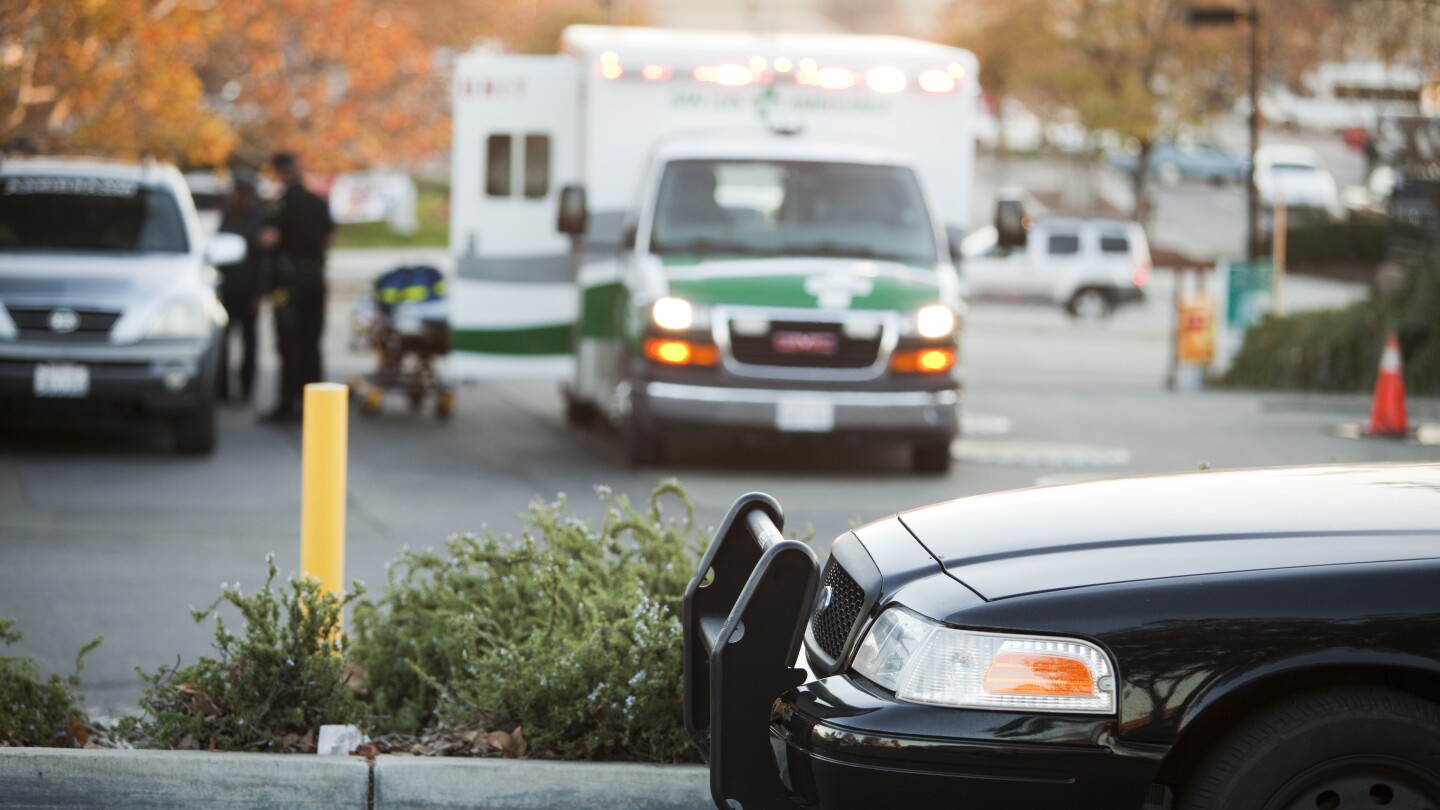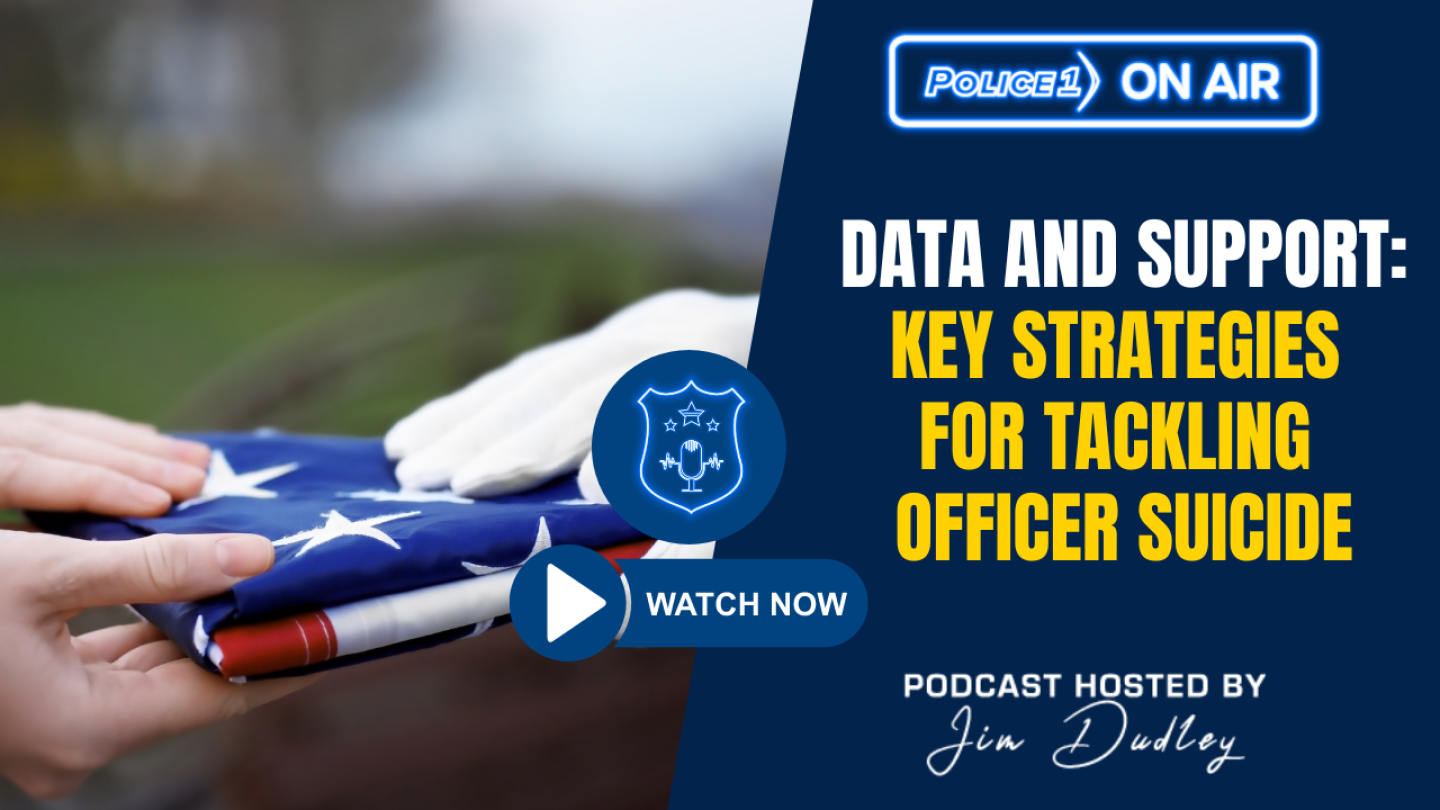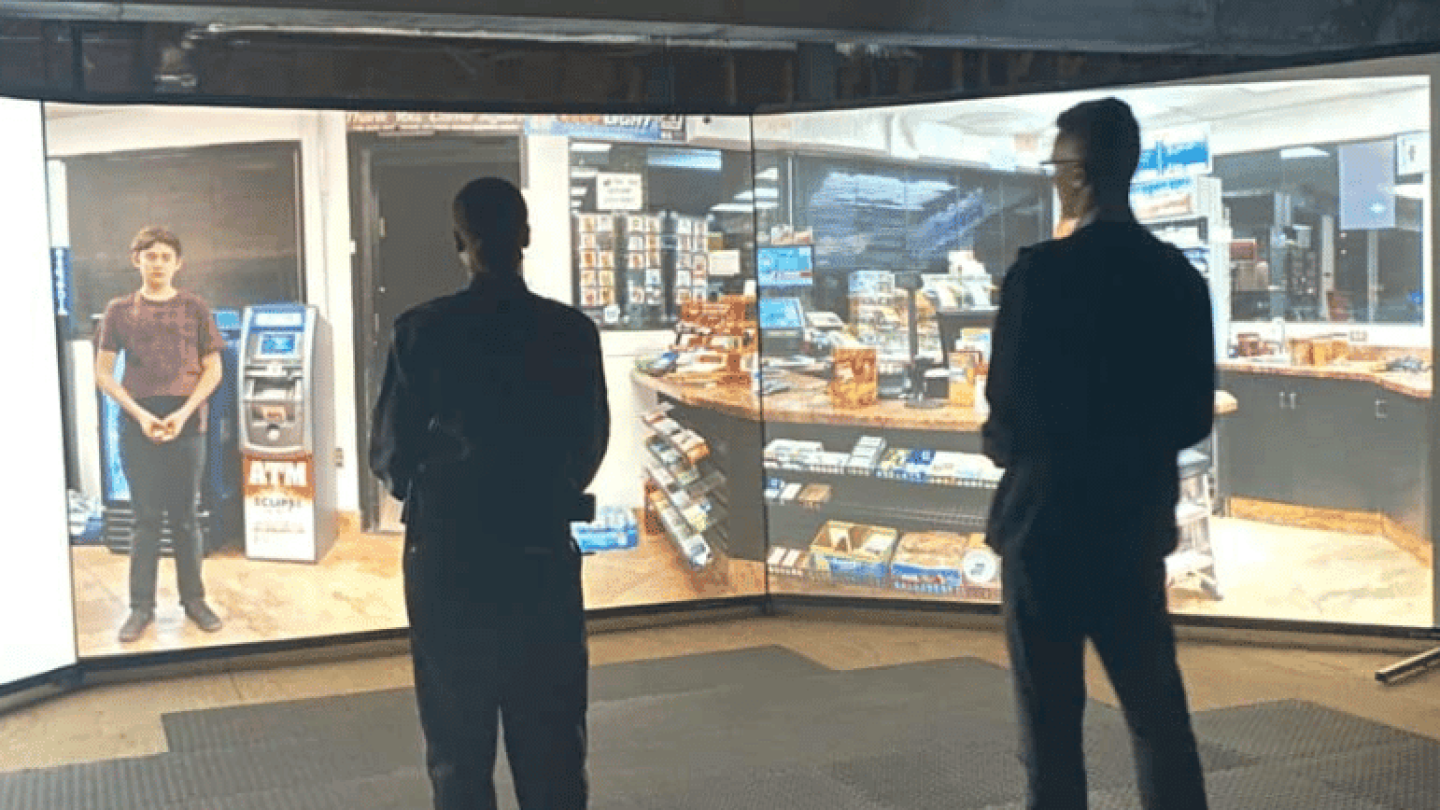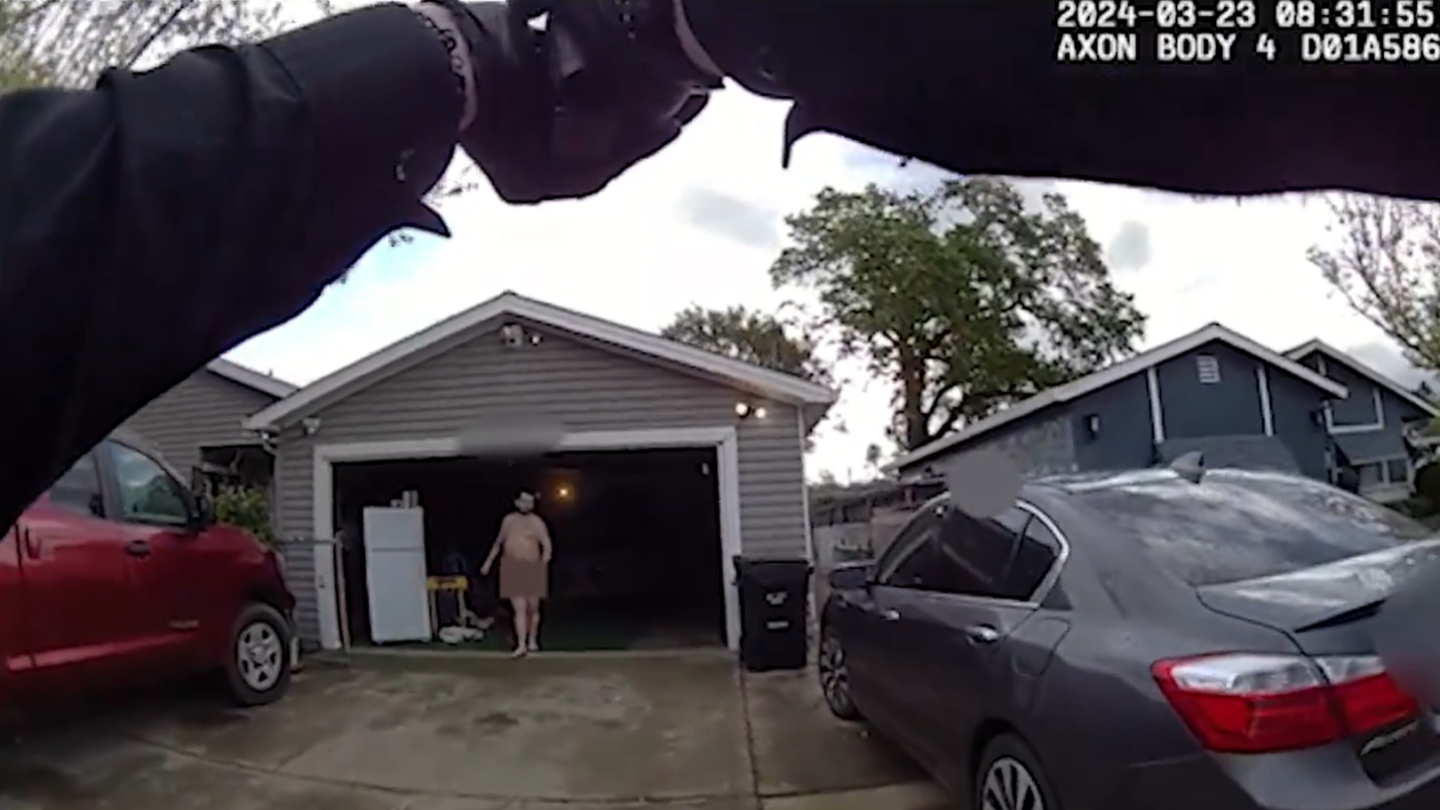Mental Health Outreach
A crisis call just dropped. You’re first on scene. What do you do?
Co-response clinician Skyla Insogna works alongside Lowell Police to address mental health crises in the community
Officers say mental health calls are the top safety risk — here’s how patrol and leadership can work toward change
Police face high rates of mental health issues like stress, PTSD and suicidal ideation; fixing this is key to effective public safety
Mental Health
“By reducing the stigma surrounding suicide and expanding support for at-risk veterans and first responders, New York is leading the way,” Gov. Kathy Hochul said
Redmond PD’s new B&W patrol vehicles feature 988 crisis line graphics, emphasizing mental health support and community engagement
Access practical strategies for fostering collaboration and improving outcomes during acute behavioral emergencies
Mental Health
Leaders say departments need to be open to having difficult conversations, understand what first responders are experiencing and improve access to mental health services
Mental Health
‘Too much ugliness': Maine PD chief announces he will step down, citing the job’s mental health toll
“Mental health needs to be treated like any other illness or injury,” Baileyville Chief Bob Fitzsimmons wrote. “It’s ok to talk about it, it’s ok to seek treatment without shame”
The Trauma Intervention Program is staffed by specially trained volunteers who assist first responders, bridging the gap between trauma victims and law enforcement
“I’m proud of you that you’re acknowledging how you feel and you need help. This is how we get the help,” Colorado Springs Officer Craig Johnson said
After losing his wife, Mike was driven to despair but has now received the care and community help he needs, thanks to the efforts of the Madison County Sheriff’s Office
Mental Health
Attorney General Matthew J. Platkin announced that Jersey City will participate in the ARRIVE Together program, an initiative designed to prevent the use of deadly force
Discover how officers can apply the ICE-T framework to isolate threats, contain risks and establish communication, ensuring the best possible outcome in dangerous crisis situations
Matt Walsh discusses how the Florida Department of Law Enforcement is using data collection, peer-driven support programs and trauma therapy to save lives in the law enforcement community
Get an inside look at some of the vendors from the International Law Enforcement Educators and Trainers Association Conference
This resource from PAARI draws from the experiences of embedded social workers in Jeffersontown, Kentucky
The goal of multi-disciplinary response teams is to connect people in crisis with quality care, outside of jails and hospital emergency departments
Training members of the public in de-escalation techniques could decrease the risk to officers, the public and individuals in crisis
Mental Health
“I don’t believe there is much attention given to the fact that we are people, too, and the job is stressful and has been in the past decade,” said Spanish Fort PD Chief John Barber
Mental Health
First H.E.L.P. is honoring first responders who have died by suicide, ensuring they are remembered for how they lived, not how they died
The expansion would cost $1.9 million, which would be covered by a federal grant
Through a Justice and Mental Health Collaboration Program grant, more than 35 officers have taken the virtual reality training so far
Proper departmental training and officer implementation of best practices ensures those encounters with individuals in mental crisis end safely and not as another headline
The goal is always to have legally sustainable policy and practice guidelines in place that are supported by officer training
The Mobile Crisis Response Team Community Coalition is funded in part by a more than $500,000 grant from the Bureau of Justice Assistance
The man struck the officers in the head with the machete and tried to grab an officer’s gun
Sacramento County Sheriff’s deputies tried to speak with the man for several minutes before he came out at them wielding a knife
The man was intoxicated with alcohol and heroin and told officers that “other guys” were telling him to take his own life
When a young man with harmful intentions is persuaded to seek help, a Behavioral Threat Assessment and Management team’s prompt intervention illustrates their essential function
The funding will boost Community-Led Crisis Response Teams, enhancing coordination between law enforcement and mental health professionals during mental health crises
How an ancient tool inspired today’s non-lethal, non-contact restraint BolaWrap
Prioritize first responder safety and wellness with grants to support initiatives for mental health, resilience and physical fitness
MOST POPULAR
- IACP 2022: The benefits of employing social workers in your law enforcement agency
- Court approves officers’ use of force to restrain a possibly mentally ill subject who died during the struggle
- Looking into the minds of Eric Harris and Dylan Klebold
- Mich. PD adds wellness app, therapy dog to improve morale among officers, retirees and families
- Is COVID-19 stress causing an increase in ‘direct confrontation’ suicide-by-cop encounters?



































